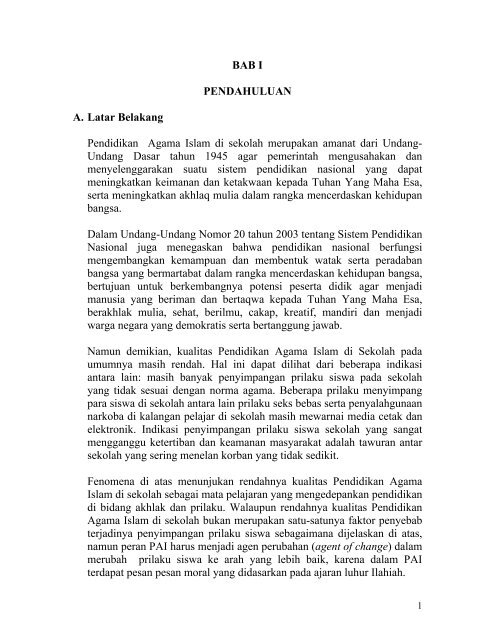


Mahfudh, Sahal “Bathsul Masail dan Instibath Hukum NU Sebuah Catatan Pendek”, dalam Ahkam al-Fuqaha’ Solusi Problematika Aktual Hukum Islam. Cambridge: University Press Cambridge, 1985. Yogyakarta: Gadjah Mada University Press, 1996. Persatuan Islam, Pembaruan Islam Indonesia Abad XX.

Jakarta: Pustaka Antara, 1999.įiderspiel, Howar M. Pemikiran dan Aksi Islam Indonesia, sebuah Kajian tentang Cendikiawan Muslim Orde Baru. Beirut: Dar al-Kutub al-Ilmiyyah, 1424.Īnwar, M. Tunji al-, Al-Mu'jam al-Mufassal fi al-Tafsîr al-Qur'ân al-Karîm. Fawâ’id al-Bunûk Hiya al-Ribâ al-Haram, Cet I. Maqdisi al-, Fath al-Rahman li Talibi Âyat al-Qur’ân. Merambah Jalan Baru Islam, Rekonstruksi Pemikiran Islam Masa Orde Baru.

Diakses pada tanggal, 25 Nopember 2015.Īli, Fachry dan Effendy, Bahtiar. “Mempertautkan Ulum al-Din, al-Fikr al-Islamiy dan Dirasat Islamiyyah Sumbangan Keilmuan Islam untuk Peradaban Global” dalam. Reaktulisasi Islam yang Berkemajuan Agenda Strategis Muhammadiyah Ditengah Gerakan Keagamaan Kontemporer, Makalah disampaikan dalam Pengajian Ramadlan Pimpinan Pusat Muhammadiyah 1432 H, Kampus Universitas Muhammadiyah Yogyakarta, 7 Ramadlan/Agustus 2011. Jakarta: Pustaka Firdaus, 1997.Ībdullah, M. Seventh, the main focus on the needs of contemporary Moslems.Ĭopyright (c) 2016 by Al-Ihkam. Sixth, should be careful in using other texts of the classical tradition, especially with regard to its authenticity. Fifth, knowing that it is allowed to move from one concrete example of the generalization. Fourth, know that the Qur recognize a hierarchy of values. Third, realize that every reading of the scriptures should be guided by the principles of compassion, fairness and honesty. Second, realize that there are some topics that are not covered by the Qur because the time has not arrived at the time of the decline. First, give attention to the context and dynamics of the socio-historical. In this regard, Saeed offers seven methodologies reinterpret religious texts. Therefore, there is a substantive difference between the contemporary problems and the classical problems. According to him, progressive Moslem is someone or a group that believes that the socio-religious changes in the contemporary era will not find a solution if the old paradigm of the methodology in the form of devices, without the integrative-interconnective process performed with contemporary scientific disciplines. This article dissects the Abdullah Saeed’s notion on Progressive Islam.


 0 kommentar(er)
0 kommentar(er)
